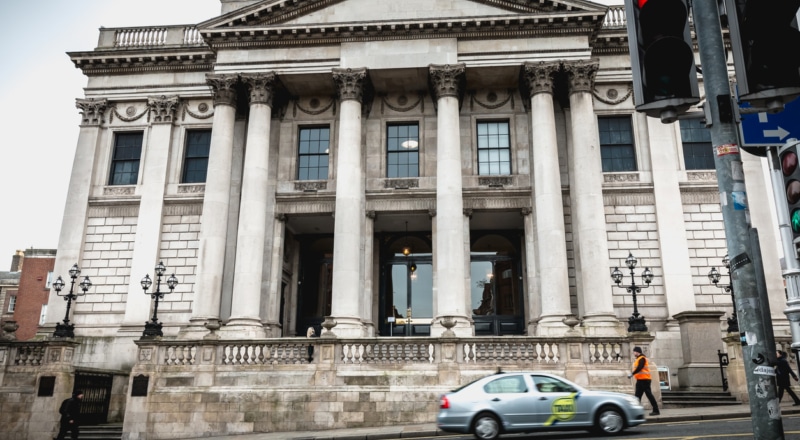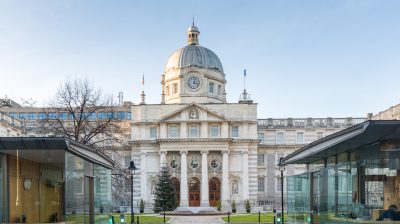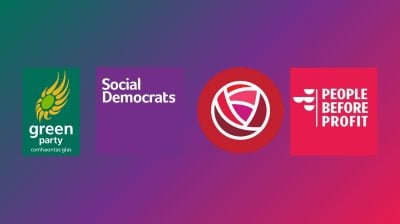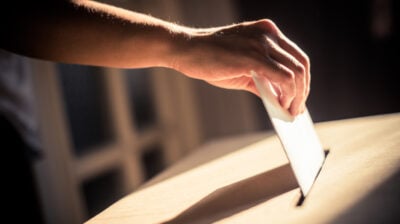What does your local authority do?
Your local authority may also be know as the local council

Local authorities, also known as local councils, are responsible for the upkeep of a range of public services in your local area. Altogether there are 31 local authorities in Ireland. They promote the local community’s interests, including the social, environmental, economic and general development of the area. Those elected to the local authority, known as councillors, are representative for the entire community, and it is their job to voice local concerns and respond to the community’s needs.
What are the local authorities in charge of?
Local authorities are primarily responsible for:
- Housing
- Planning
- Environmental protection
- Recreational amenities and facilities for residents
Housing
Local authorities must maintain a good standard of housing in their area. Their job is to assess the housing needs within their community, and they have the responsibility of buying, leasing and building in order to ensure this need is met. Local authorities can provide loans for repairing and improving houses within the community in the form of housing grants and schemes.
Planning
Your local authority is the planning authority for your area. They set out a development plan every six years in order to set up planning policies for the years ahead, such as what will be built and where. They can also grant or refuse local planning permission for development in the area.
Environmental protection
One of the primary functions of local authorities is pollution and animal control. They give licenses for waste disposal and air emissions that come from plants. They also collect (or arrange to collect) the bins in your local area. They issue licenses for dogs and horses in the area, as well as giving licenses to street traders to sell their goods.
Recreational facilities
Local authorities must provide your area with facilities and services which relate to cultural activities, sports and games, leisure activities and libraries. They are also responsible for the upkeep of monuments and these facilities such as playgrounds and parks.
Essential services
The local authority must also ensure that the community has essential services, such as well kept roads and bridges, fire services and drainage. They also control dangerous buildings and places in the local area, as well the upkeep of graveyards and burial grounds.
How do you become a city or county councillor?
In order to become a councillor of your local authority, you must be elected by the people in your local community. This will happen through a local election, and candidates who are voted into the local authority will come into office seven days after polling day. Unless they leave themselves, elected candidates will remain as a member of the local authority for five years. If a councillor leaves the role before five years are up, they or their political party will select a person to replace them until the next election.
The next local election will take place on May 24th, 2019, and the members who are voted in on this day will remain local authority councillors until 2024.
How can I contact my local authority?
If you would like to contact your local authority or would like more information, you can visit Citizen’s Information.
Need more information, advice or guidance?
We offer information, advice and guidance about the issues that matter to you. Our online Youth Information Chat service is for 16 to 25 year olds and is available Monday to Friday, 4pm to 8pm (excluding Bank Holidays).






